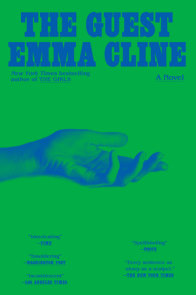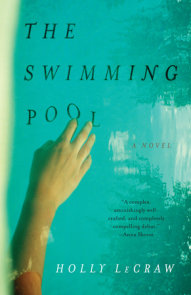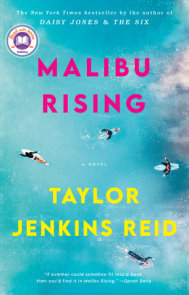READERS GUIDE
1. Have you ever known a family like the Fletchers? What were they like? What myths were built around them?2. Reflecting on the Fletcher family’s story, how do you think the title Long Island Compromise relates to the novel’s exploration of trauma, wealth, family dynamics, and the pursuit of happiness? What does the idea of “compromise” signify in the context of the family’s journey?
3. The Fletcher family is portrayed as resuming their “prized places in the saga of the American dream” after Carl’s return. Discuss how the novel examines the concept of the American dream through this family’s experiences. Do you think their understanding of the dream changes over time? How has your family defined the American dream?
4. What elements of satire did you notice in the portrayal of suburban life, wealth, and family dynamics? How do these satirical elements contribute to the novel’s commentary on American society?
5. How does money stunt each character? How does it enable them? How have feelings about money influenced you and your own relatives?
6. “But all that money was like the white-picket fence around the Fletcher estate: It obscures the view. You couldn’t see the Fletchers clearly through the mist of their fortune.” What do you make of this statement? What are other traits or factors that can make it hard to see people clearly?
7. The family fortune dwindling to almost nothing forces the Fletcher family to confront their past and future. Discuss how wealth (or the lack of it) influences each family member’s sense of identity and success. How does the discovery at the end of the book complicate this even further?
8. The theme of survival is recurrent throughout the novel, with the family hovering “at the delicate precipice of a different kind of survival.” Discuss the different forms of survival depicted in the book and what they reveal about the characters and their values.
9. “A dybbuk was a miserable soul that could not progress to a heavenly rest and instead stayed on Earth and infested something—a person or a thing—or it took on a life as a disembodied ghost, in order to do its final bidding and cause as much chaos as possible.” Do you believe there was a dybbuk in the works in the Fletcher family? Discuss. Is there a curse or haunting in your own family line?
10. A major question this book asks is whether or not money can ever buy you security and safety. Do you think it can?
11. Does your family have shared heritage—or shared trauma—that manifests in different ways in different family members? What factors do you think contribute to this difference?
12. If the family had taken time to process the kidnapping after it happened, what do you think might have changed for the Fletchers?
13. By the end of the story, did you arrive at an answer to one of the novel’s central questions: Is it better to be born with money or without?





















